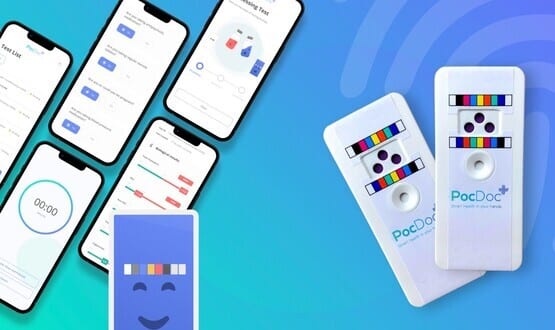Good telecare comes in small packages, argue researchers
- 7 March 2005
Research undertaken by the University of Newcastle has revealed that service-specific telemedicine and videoconferencing systems are of limited value to improvement of health. Instead, greater promise can be found in more portable, scalable telecare systems integrated properly into workflow systems.
Speaking to E-Health Insider, research leader Professor Carl May was careful to point out the difference between telecare and telemedicine, and said that he was "upbeat" about the future of telecare. "It’s a subtle distinction," he said. "We’ve charted the differences between telemedicine, which is owned by doctors, and telecare, which is owned by health providing organisations."
Telemedicine systems, as defined by May and his team, are characterised by long-range communications systems such as videoconferencing that allow doctors and patients to communicate over long distances. "Telemedicine services tend to be service-specific," said May. Telecare, on the other hand, refers to portable mobile devices and services such as SMS. These are much more portable and often cover more general subjects, although many specific care services are being developed for this too.
According to May, one of the main problems with the implementation of specific telemedicine systems is that they have to be built on top of existing work processes, and often become a burden rather than a boon. "Despite significant support in policy documents and very active champions of the cause in the clinical world, these systems have largely failed to become integrated in routine healthcare delivery," said May.
He also criticised some of the justifications put forward for implementing the systems. "Instead of involvement, we found abundant studies – often very poorly designed – of patient satisfaction. These show high levels of support for new systems, but often focus on ‘hotel’ aspects of care, rather than important questions concerning patients’ confidence about the diagnosis and quality of life."
Telecare’s future remains bright, though. Part of the reason for this is its greater portability and its use in early intervention and preventative care, and also that it can be used more easily to gauge the urgency of patients’ problems. However, a main problem standing in its way is the fragmentation of the NHS at a local level.
"One of the things that telecare lacks is a nation policy level sponsor. It needs something analogous to NHS Direct," Professor May told EHI. NHS Direct is a supremely popular ambassador for distance healthcare, he points out, and a ‘champion’ service may be a good idea.
However, May urged caution with security and confidentiality, and also the use of remote telecare systems as a substitute for face-to-face care. "Along with this, could come a shift in the burden of social costs to often disadvantaged people," he explained.
Professor Carl May gave evidence on the subject to the Parliamentary Health Committee last week as part of a short investigation into the use of new medical technology within the NHS. The research was sponsored by the Economic and Social Research Council.
Links
Innovative Health Technologies Programme




